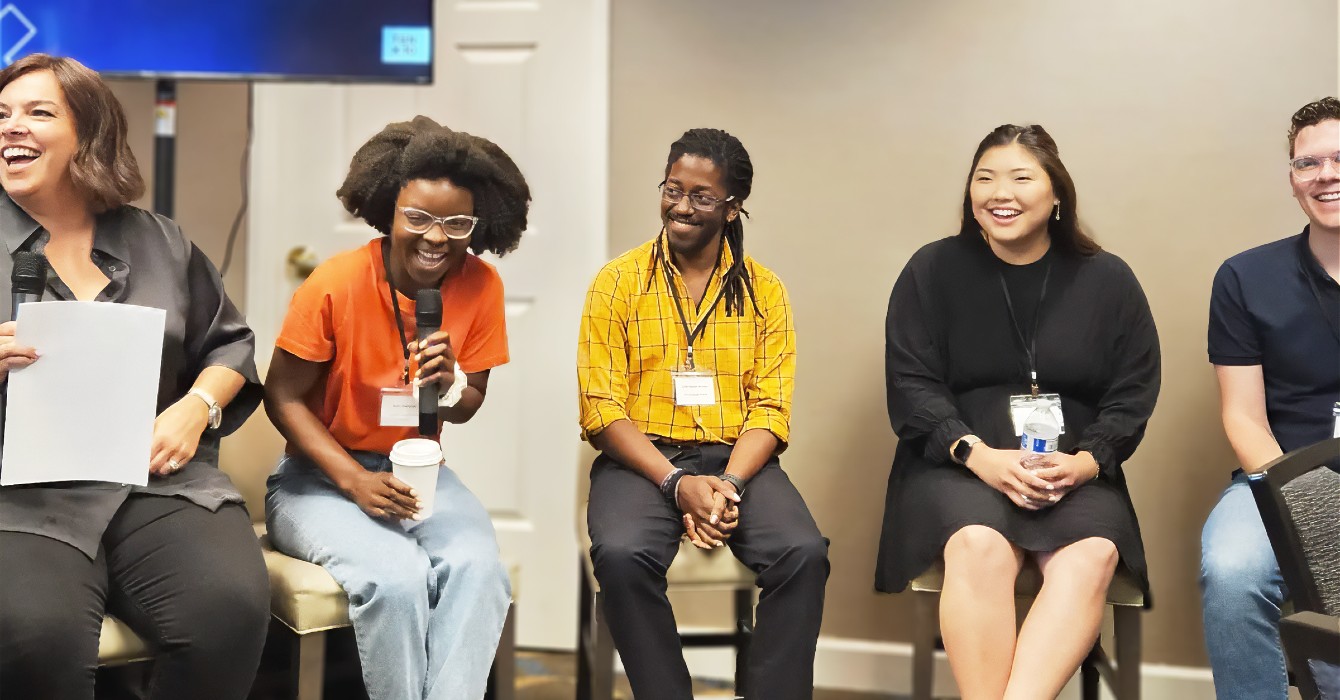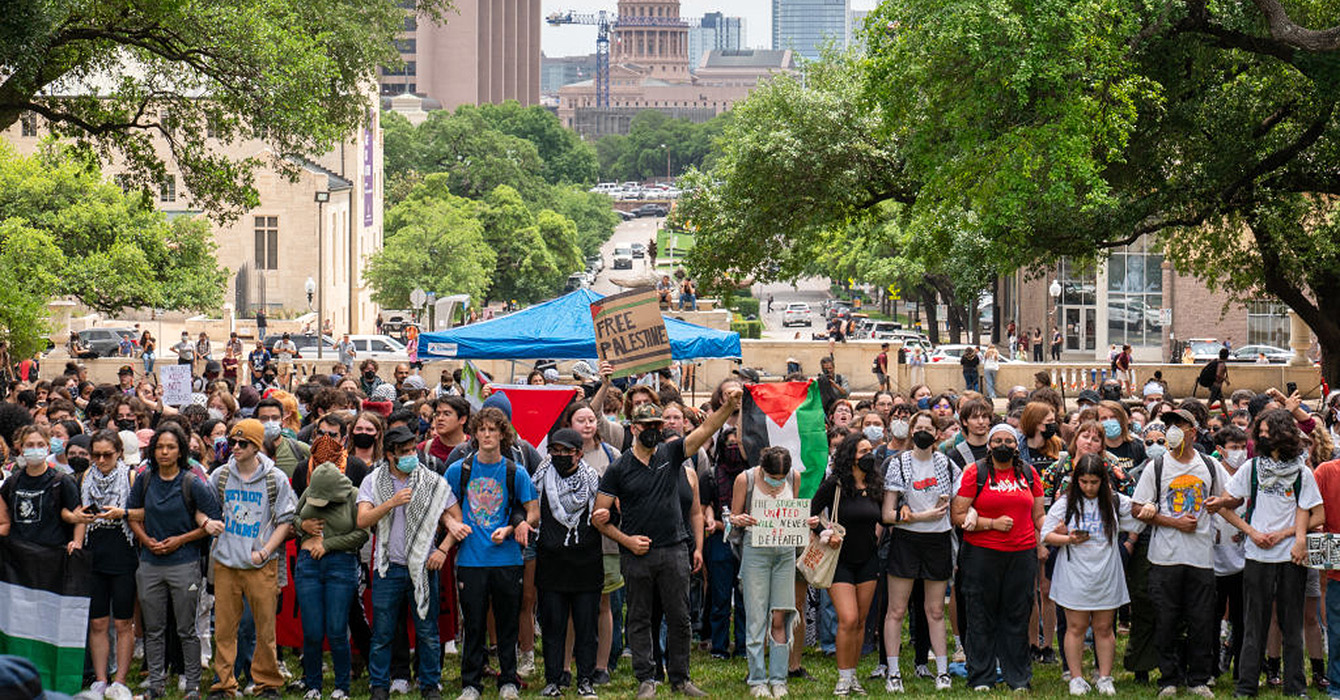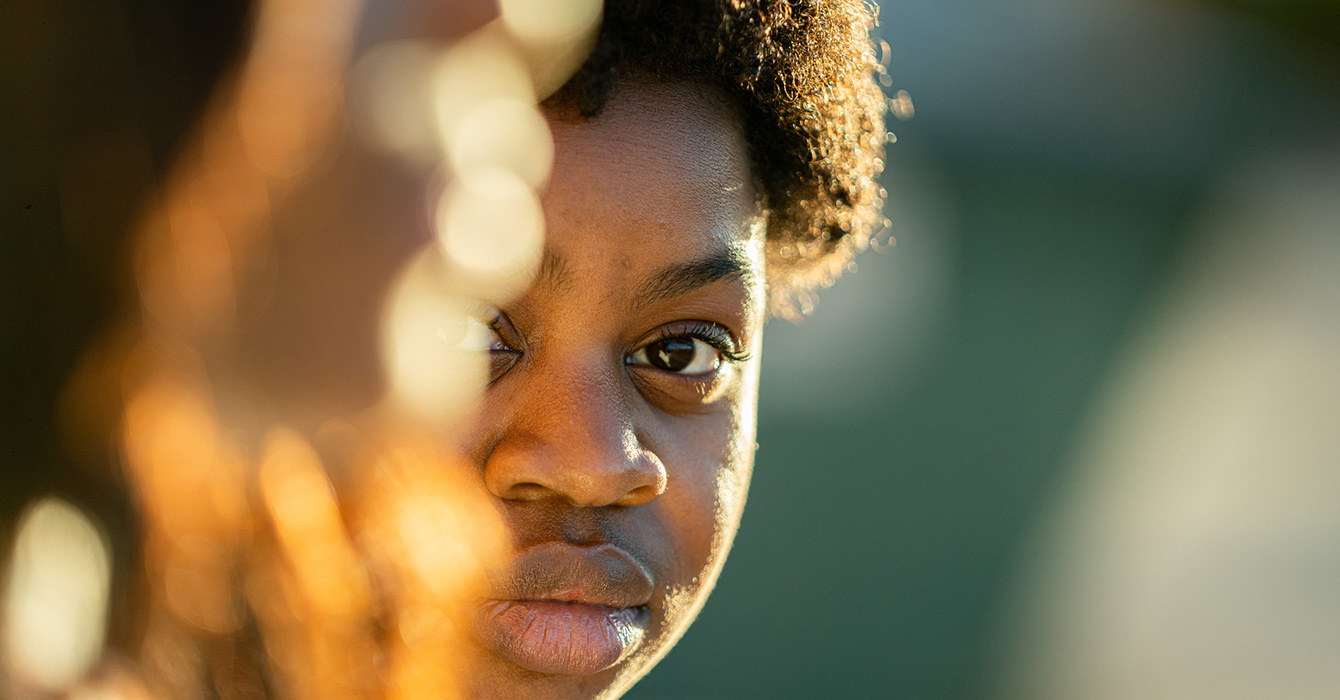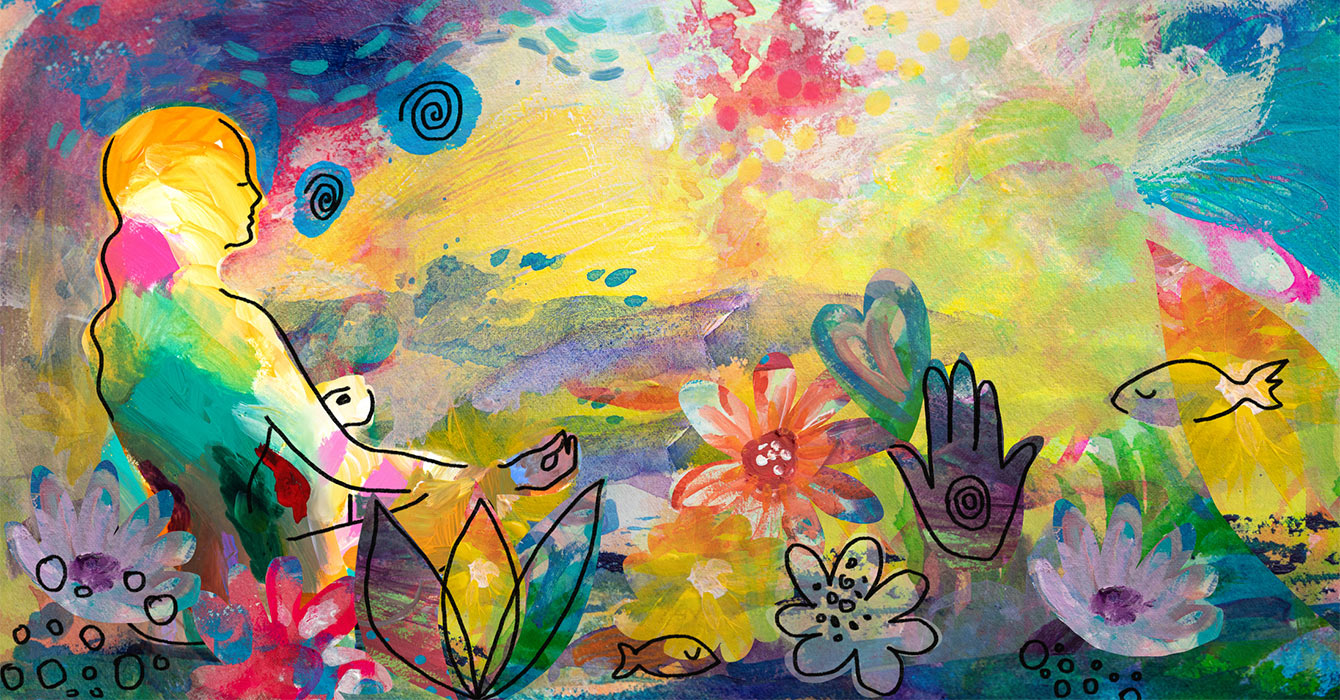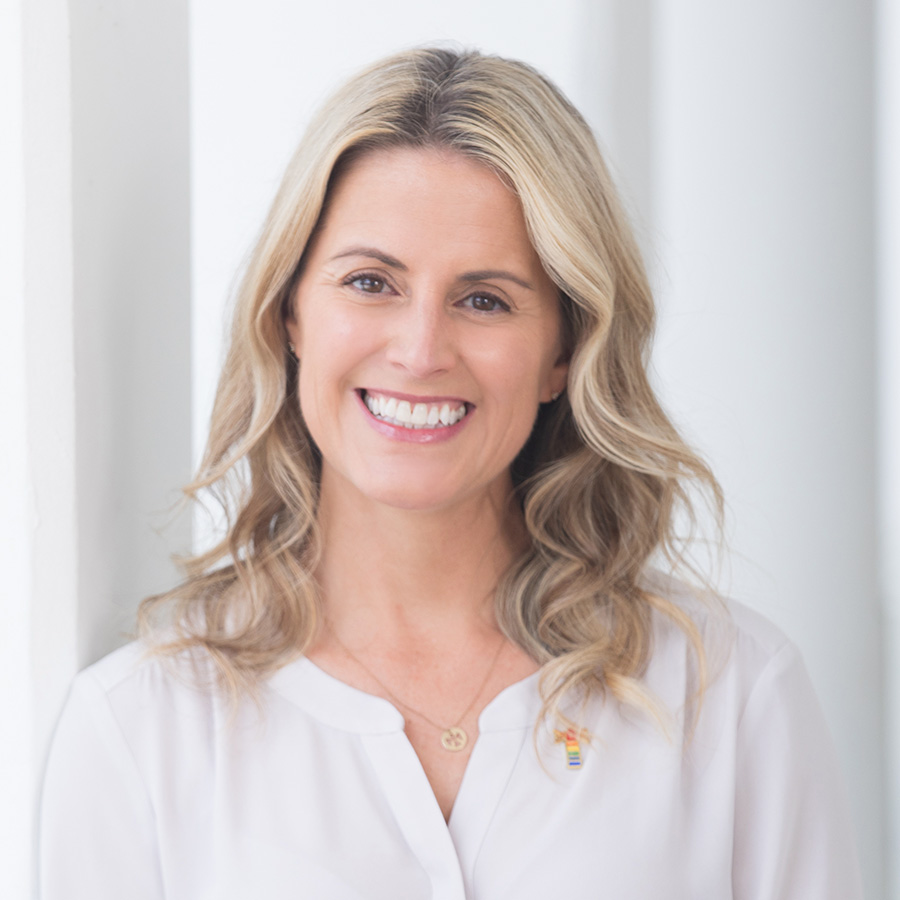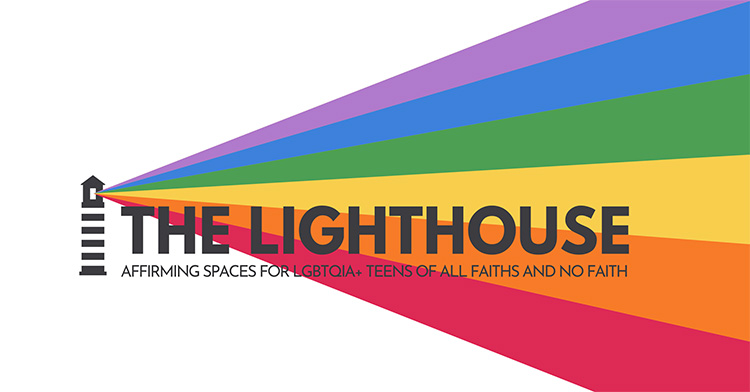Are the kids OK?
As a youth advocate and educator, I’ve had the privilege of teaching, counseling and working alongside teenagers as they’ve navigated the complexities of life over the past five years. The tumultuous events of this period have deeply affected many of them — spiritually, emotionally and socially. And the summer ahead, traditionally a more restful and recreational period for teenagers, looks primed to be just as challenging.
People often forget that adolescents too are plugged into world events, but they are too seldom asked how they’re doing. So I took the time to ask a few.
“How am I doing? Um, I don’t know. I usually don’t take the time to think about it. With how everything is going it feels like it takes too much time to think about it.”
“I’m tired but OK.”
“Honestly, I’m struggling. Ain’t gonna lie. It’s really uncomfortable.”
“The outside world has definitely affected me. The thing is, it affects me socially, because I don’t know who to trust. I feel extremely vulnerable. It has caused me a lot of depression.”
“It feels like everything keeps piling on top of each other. It’s one thing after another — COVID, change in power. It makes it hard for me to be ever-present in all that I’m doing.”
Between world events and challenges in their personal lives, many teenagers are carrying a deep and varied set of concerns. Some are experiencing increased rates of anxiety, depression and loneliness. Constant exposure to conflicting information, conspiracy theories and media spin has created uncertainty and skepticism about truth and institutions. Infinite connectivity has shortened attention spans and heightened stress levels.
Some teenagers are growing up in households and communities deeply divided over political issues, creating tension at home and online. They feel a deep sense of fear and urgency about the future of society and the planet. The list goes on and on.
Before asking ourselves how we can support them, we should question whether we even see them. Are we truly attentive to their concerns, their worries and their perspectives on the events shaping the world around them? Teenagers are too often overlooked because of their age. Their perspectives are dismissed as immature, and their insights undervalued even though they are deeply affected by and engaged with the issues of our time.
Amar is 17 and headed to college in the fall. He was very intentional about choosing a school that would allow him to feel safe, seen and heard. (I’ve chosen to change the young people’s names to protect their privacy.)
“I realize that I’m going to college under dire circumstances,” he told me. “But I’m not nervous at all, because I know where I am headed. I have the motivation that I need to continue and press forward.”
Ella, 16, is focused on schoolwork but admits that she has been lacking motivation.
“I feel like I have to prioritize being informed with what’s happening in the world and staying on top of things in school. It’s hard to feel like what I’m doing here matters when there’s so much happening all around.”
While all my conversations were meaningful, one statement from 16-year-old Jonathan struck me most.
He said candidly, “It gets to a point where, if something is always happening, it starts to feel like nothing is happening. It’s like we’ve just gotten used to it.”
Jonathan’s words reflect a sense of emotional numbness or desensitization, which I can imagine many of his peers feel. Even serious events feel routine or unremarkable. With so many crises, tragedies and disruptions happening so frequently — from global events to personal struggles — it can begin to feel overwhelming and repetitive. Numbing out is both a coping mechanism and a sign of how deeply teens are impacted by the relentless pace of the world around them.
It’s not all bad, though. Young people have learned to adapt to uncertainty, and they’ve been shaped by each disruption and have continued to grow through it all. Life’s events have led many to rethink and rediscover what matters most — relationships, passions and purpose rather than just academic or social success.
They are not just surviving; many are growing into more thoughtful, compassionate and aware versions of themselves. Though not all consider themselves religious or spiritual, Amar, reflecting on his own journey, said, “My faith has grown in a way, because I’ve had to lean on God and learn from all of these experiences.”
Despite it all, we can continue to show up for our youth as we move through life’s transitions together. Young people are or untouched by the world, and they should not be invisible to us — they are fellow image-bearers of God, deserving of dignity, voice and presence.
They are not just recipients of our care but are partners in this shared journey. We owe it to them to truly see them, to listen and to offer our steady support.
And though hope may be harder for them to find right now, it’s still within reach.
Ella recently joined a community choir made up of students from across her city, and her demeanor brightened noticeably as she spoke about the experience. “[The choir] has helped me find hope, joy and a sense of belonging,” she said.
“We’re all so different, but we love music. We’re all focused on one thing and bond over that. We had this song called ‘Hope Lingers On.’ I listen to it whenever I need a pick-me-up. It says: ‘I will not hate, and I will not fear. And in our darkest hour, hope lingers here.’ I cling to that because when everything is falling apart, finding something to hold on to is what gets you through. I hope that doesn’t sound cheesy.”
I reassured her that it didn’t.
They feel a deep sense of fear and urgency about the future of society and the planet.




